AI-powered remote patient monitoring for the operating room
Guardian enables clinicians to monitor multiple patients' vital signs from a single smartphone screen during surgery.
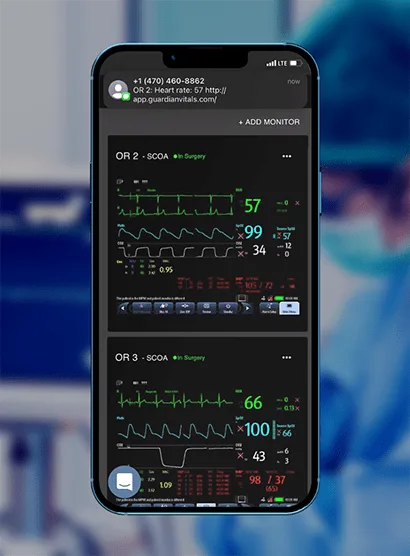
Guardian enables clinicians to monitor multiple patients' vital signs from a single smartphone screen during surgery.

Mobile app enables clinicians to monitor patient vital signs from their smartphone — multiple patients, one screen. Founded in 2014 by Dr. Justin Scott, a practicing MD Anesthesiologist with 20+ years of experience, Guardian's mission is safer care of patients undergoing surgery and improving the practice of anesthesia.

Industries
Digital Health, IoT, AI
Services
Product strategy, UX research & design, Mobile app development, Custom software development, Strategic business advisory, Competitive market analysis, Capability differentiation, Distribution strategy, Product & market thought leadership, Product roadmapping
Founder
Dr. Justin Scott, M.D., FASA
Anesthesiologists generally provide care for several patients at once, making it difficult to continually monitor multiple patients in different operating rooms. Vigilant Medical Solutions designed a remote monitoring app — the first of its kind — that allows anesthesiologists to monitor the vital signs of multiple patients simultaneously.
Vigilant approached us to refine the user interface and improve the app's performance. To display vital signs accurately from multiple monitors, Vigilant needed an advanced machine learning model that could extract and transcribe clinically meaningful data into accurate metrics from multiple operating rooms — all onto a single smartphone screen.
Quickly add operating rooms to see patient vitals in real-time. View vitals from multiple OR monitors on one screen, giving anesthesiologists unprecedented situational awareness across their entire caseload.
Intelligent monitoring when vitals go beyond pre-set parameters. Easily customize alerts and receive proactive SMS & email notifications. Configure vital ranges for each individual case based on patient needs.
Our developers used advanced machine learning to capture, define, and structure images from patient monitors in the OR, translating patient vitals — with 99.9% accuracy — directly to a caregiver's handheld mobile device screen.
With custom alerts and real-time data, the medical staff are alerted when their patient's vitals go beyond pre-set parameters or individualized alerts.
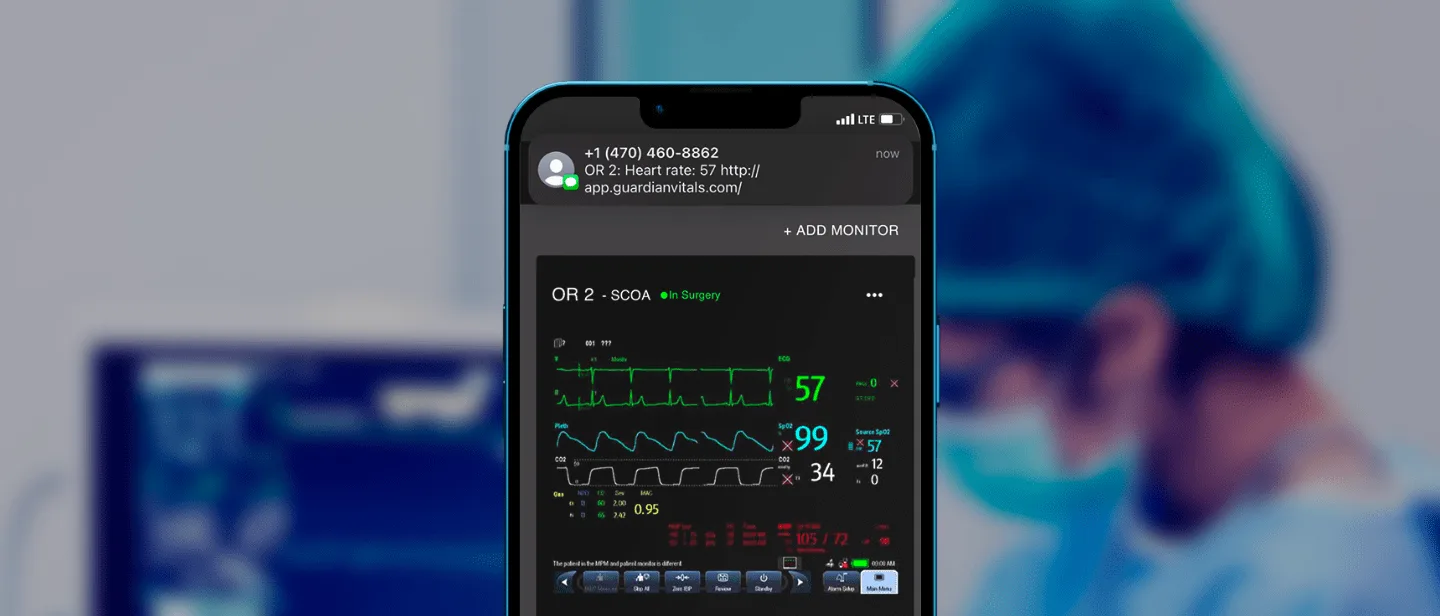
Justin Scott, M.D., a board-certified anesthesiologist, envisioned a mobile healthcare app that could enable anesthesia teams to monitor multiple surgical patients simultaneously. As an anesthesiologist within a large hospital network, Dr. Scott understood the challenges associated with overseeing vital signs of multiple patients at once.
To improve operating room surveillance and accelerate clinician intervention, we needed to build and apply a machine learning model that could accurately transcribe data from various types of operating room monitors to a physician's mobile device in real time.
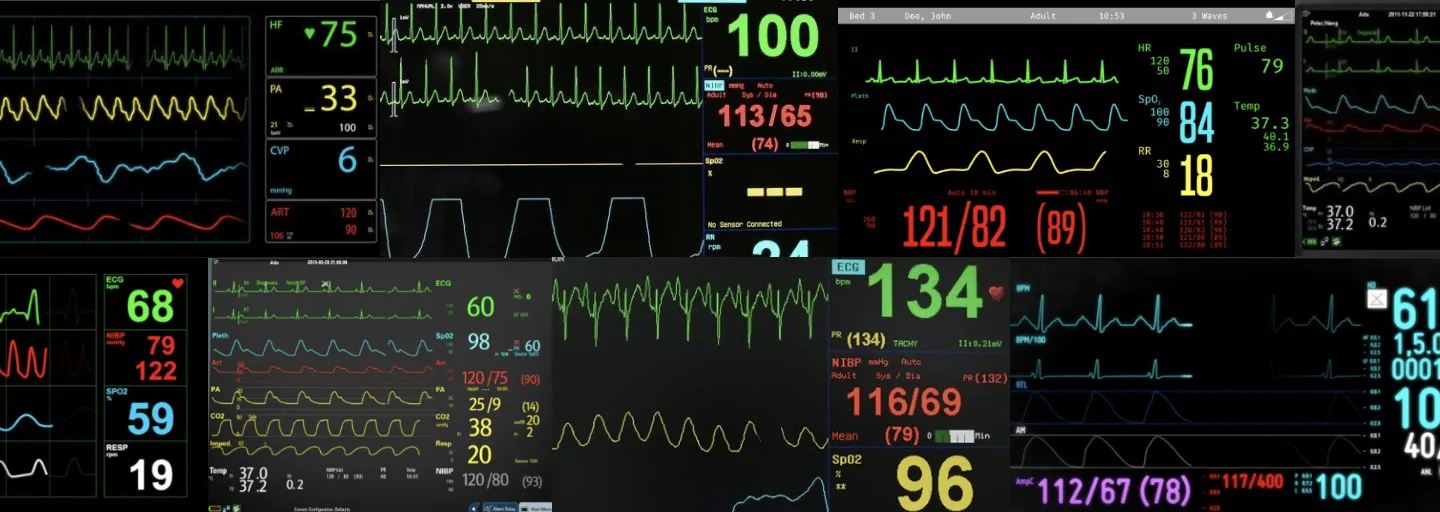
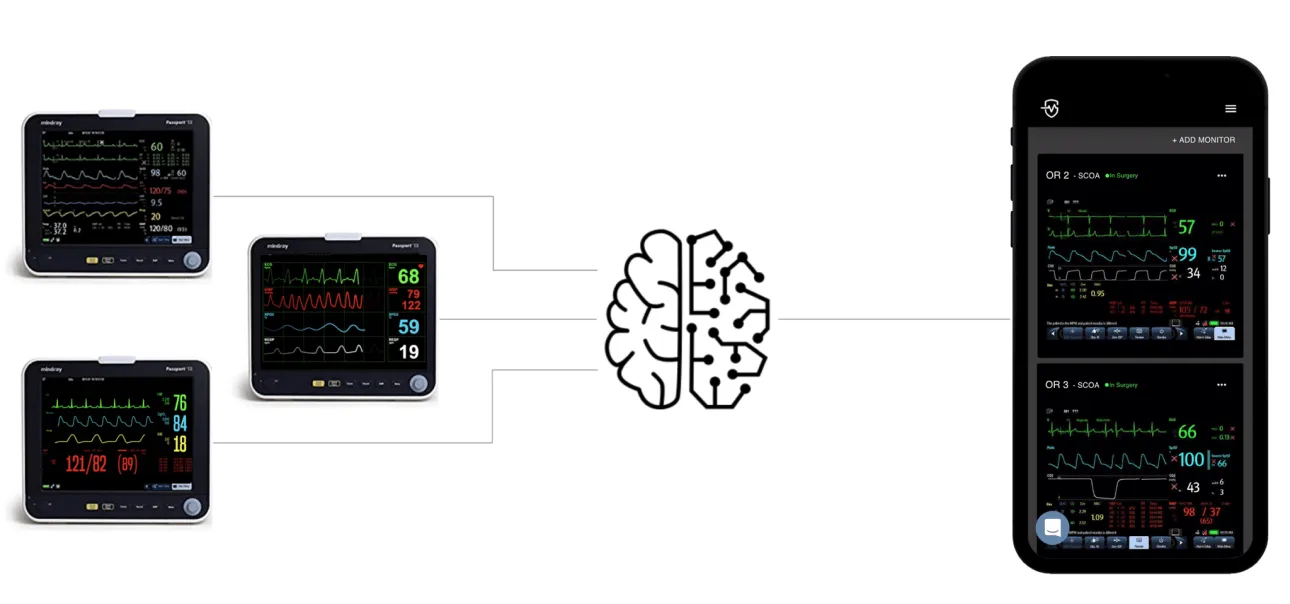
Analyzing over a million images on a variety of operating room monitors, we were able to create an intelligent and precise model that can quickly analyze and translate complex data from monitors into metrics on a mobile app, with 99.9% accuracy.
The monitor-agnostic system gets smarter over time, works with a wide range of hospital technologies, and can be used beyond the operating room, such as in a patient's home.
1M+
Images analyzed
99.9%
Accuracy rate
Any
Monitor type
During the initial first phase of our engagement with Guardian, we performed a UI and branding redesign for Guardian's website. In the redesign, we focused on inclusive design for diversity & accessibility and SEO.
Before & After
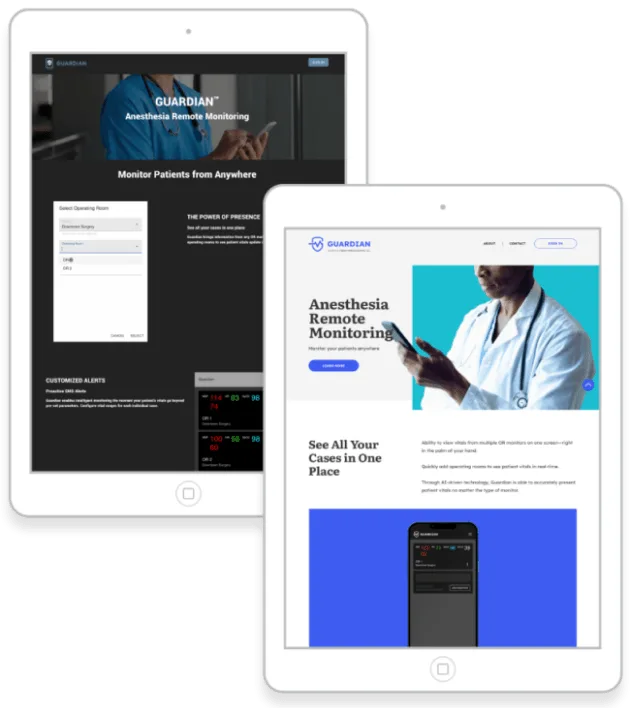
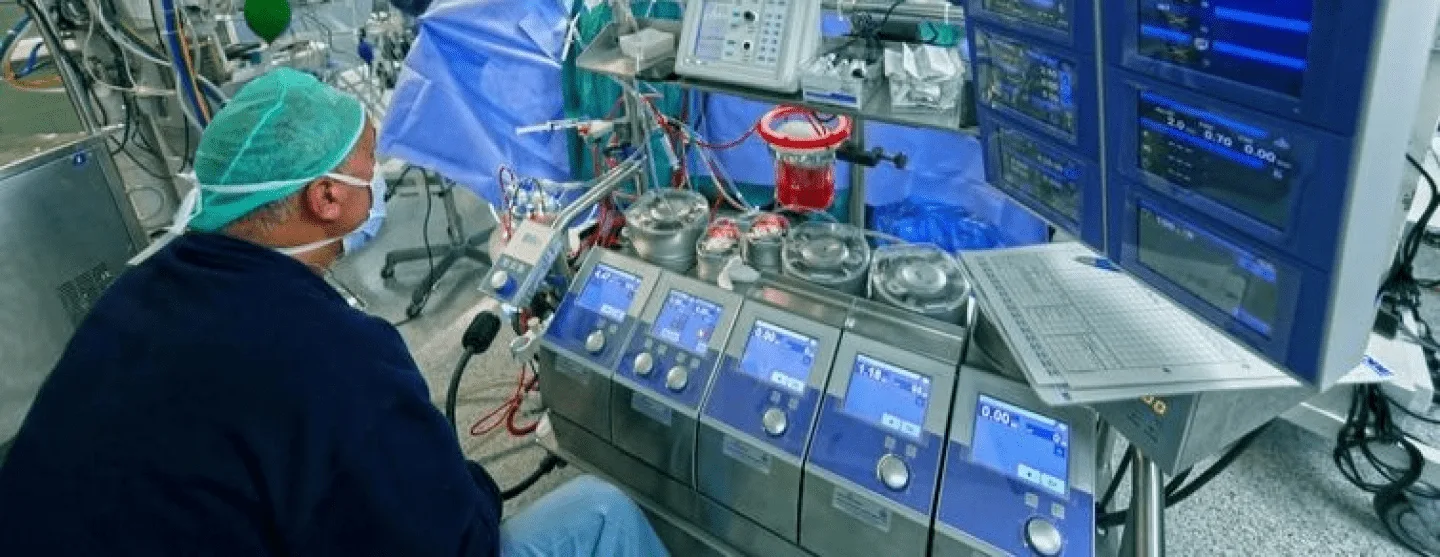
Our developers are trained in privacy practices and HIPAA compliance. We focus on data security in every product we build. The Guardian app meets cybersecurity standards for medical device integration and uses the following security measures:
99.9%
Vital sign transcription accuracy from OR monitors to mobile device
Through advanced machine learning models, we transformed the Guardian app prototype into a fully developed remote monitoring app that can transmit patient vital signs in real time with 99.9% accuracy.
The Guardian app — the first of its kind — is now available to hospitals and anesthesia teams throughout the nation. The app allows clinicians to continuously track vital signs of multiple patients simultaneously, accelerates clinician intervention, decreases liability exposure, and improves patient outcomes.

"By applying a robust machine learning model to our app, DS helped us create a scalable and accurate solution to improve the operating room experience for the anesthesia team and the patient. They are true collaborators."
JUSTIN SCOTT, M.D., FASA
Chief Executive Officer
Let's talk about how Digital Scientists can help with your next project.